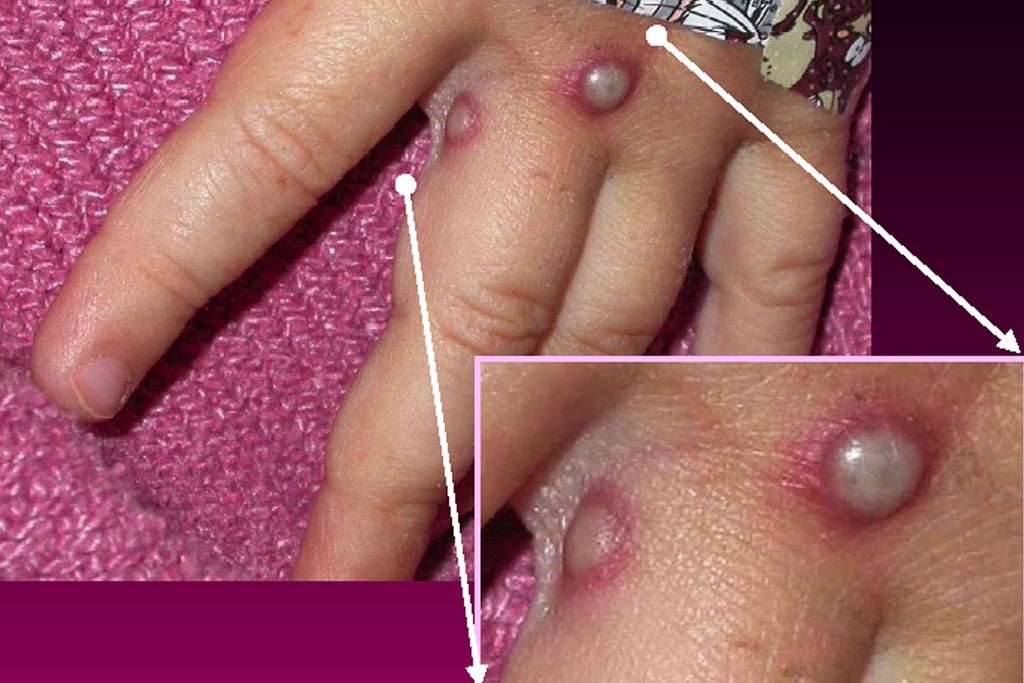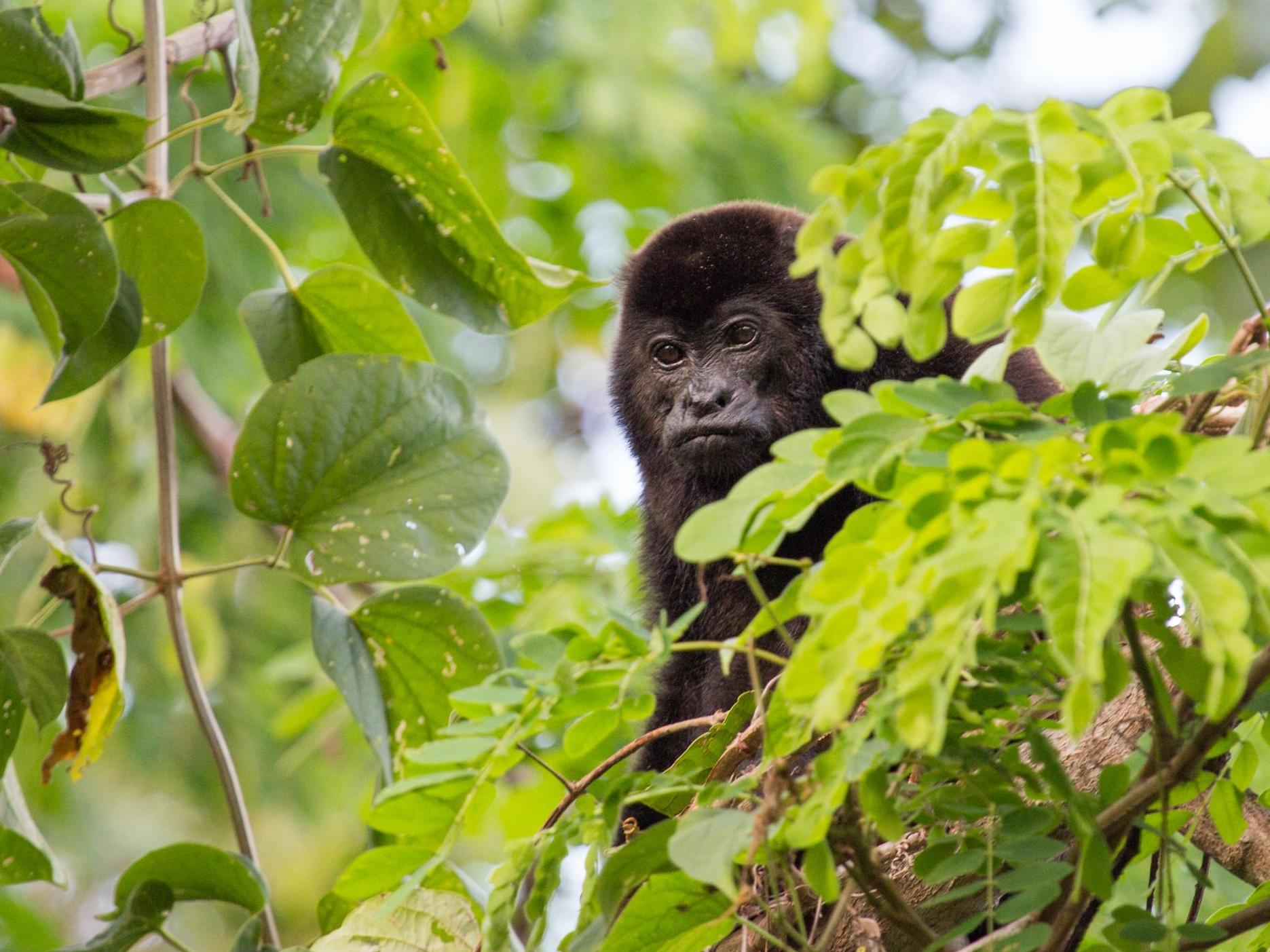
Two more people in England have been diagnosed with the rare viral infection monkeypox, making nine in total so far this month.
The new cases follow four reported on 16 May, two on 14 May and another isolated case discovered on 7 May.
A case has also now been reported in Massachusetts, contracted by a man who had recently travelled to Canada, while cases have further been reported this month in Spain and Portugal.
The UK Health Security Agency (UKHSA) has said it is currently investigating connections between the British patients, most of whom are believed to have contracted the disease in London, although the virus is mainly spread by wild animals in areas of western Africa and not all of those taken ill had recently travelled.
As a typically mild, self-limiting disease which does not easily spread, the risk posed to the general population is low, UKHSA said.
But the authority is advising the public – particularly gay and bisexual men, given that all four of Monday’s patients were homosexual, raising the possibility of sexual transmission – to be alert to any unusual rashes or lesions on any part of their body, especially their genitals.
So what precisely is monkeypox and how much danger does it pose to the public?
Where did monkeypox originate?
The World Health Organisation (WHO) traced the sickness to the tropical rainforests of Central and West Africa and defines it as a viral zoonotic (meaning it can be transmitted from animals to humans) disease akin to smallpox, itself eradicated in 1980.
The first recorded case of monkeypox was identified in what is now the Democratic Republic of Congo in 1970.
While it would have initially been transmitted to humans by contact with the blood or bodily fluids of contaminated primates (or rodents such as tree squirrels and Gambian rats), it is an infectious disease so is much more likely to be caught from fellow human sufferers.
What are the symptoms?
The disease has a six-to-16 day incubation period. In its opening stages, patients first suffer fever, headaches, swellings, back pain, aching muscles and a general listlessness.
Once the fever breaks, the sufferer’s body will face a skin eruption, in which a rash spreads across the face, followed by the rest of the body, most commonly the palms of the hands and soles of the feet.
The blemishes evolve from lesions into crusted blisters, which can then take three weeks to heal and disappear.
The virus can be difficult to diagnose without the aid of laboratory analysis because of its superficial similarity to other afflictions that result in a rash, such as chickenpox, measles, scabies and syphilis.
How dangerous is it?
Dr Colin Brown, director of clinical and emerging infections at the UKHSA, has said monkeypox “does not spread easily between people and the overall risk to the general public is very low”.
Although this strand of orthopoxvirus is much milder than smallpox, fatalities have been recorded, particularly among the young. WHO lists the case fatality rate as less than 10 per cent.

In Nigeria’s 2017 outbreak, the largest ever seen, 172 suspected cases of monkeypox were identified and 61 confirmed cases were reported across the country. Seventy-five per cent of sufferers were male and aged between 21 and 40 years old.
At present there is no vaccine or specific treatment available but the pre-existing smallpox has proven to be 85 per cent effective at combatting the disease.
Professor Jimmy Whitworth, of the London School of Hygiene and Tropical Medicine, stressed that while monkeypox is “usually mild... it is a sensible precaution that those people who may have come into contact with these recent cases are being traced and followed up”.
How many cases have been detected in the UK?
The UK is one of only a handful of countries outside of Africa where monkeypox has been detected.
The first four infections were reported in Britain in 2018 and 2019. There was a second outbreak in 2021, in which three family members were diagnosed with the virus after travel to Nigeria.
The cases spotted in May take the UK’s current total from seven to 16.







